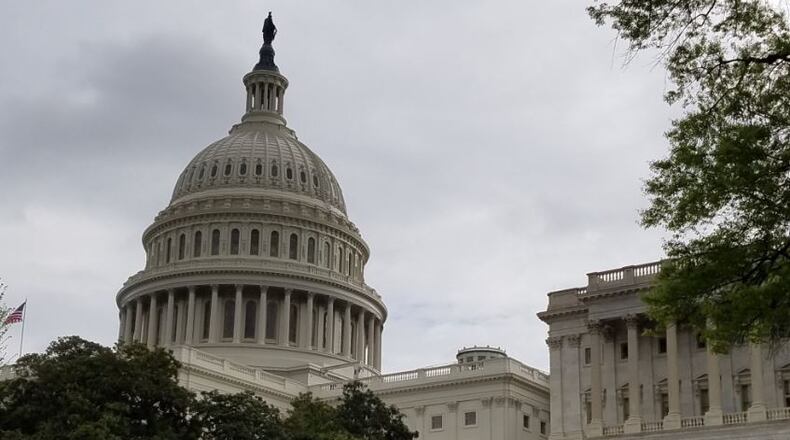"This is something Gen. Flynn was supposed to do as a former officer," Chaffetz added, after viewing documents filed by Flynn in 2016 in order to maintain his security clearance.
Both Chaffetz and top committee Democrat Rep. Elijah Cummings (D-MD) suggested to reporters that Flynn had violated federal law by failing to disclose a $33,750 payment from the Kremlin-backed RT network for his visit to Moscow, where he was photographed at dinner with Russian leader Vladimir Putin.
Also not declared on his SF-86 forms, $11,250 in payments for two speeches in the United States, which Flynn gave to a Russian cybersecurity firm, and a Russian cargo airline.
"That money needs to be recovered," Chaffetz told reporters at the Capitol.
As a former military officer, Flynn would have been covered not only by the emoluments clause in the Constitution, but also federal law, "which requires advance approval" of any financial relationship, especially with a foreign government.
Meanwhile, Chaffetz and Cummings also revealed that the White House had rejected requests from the Oversight Committee for certain documents related to Flynn, who left after only a few weeks as National Security Adviser for President Trump.
The committee had asked for information about Flynn's contacts during the transition with foreign nationals - the White House said since those contacts likely might contain "classified, sensitive, and/or confidential information," that material would not be turned over to the panel.
About the Author

